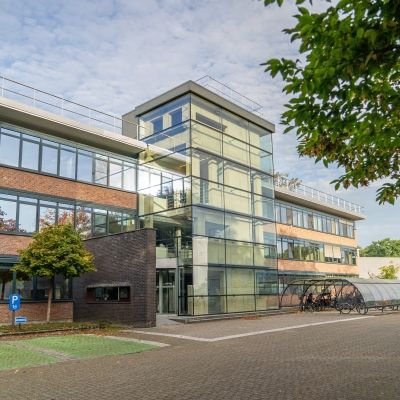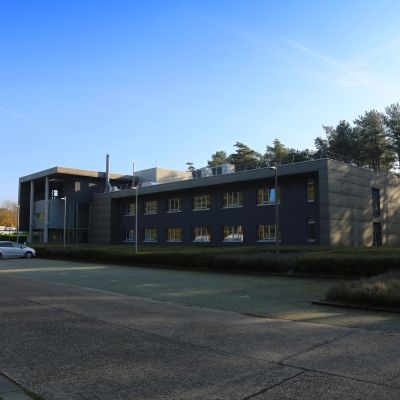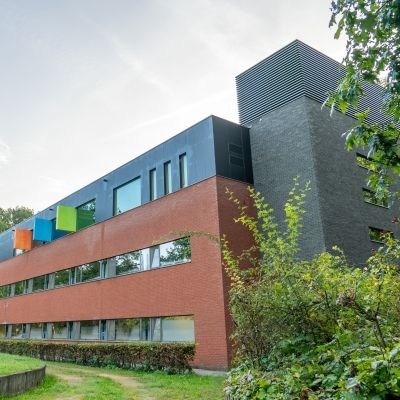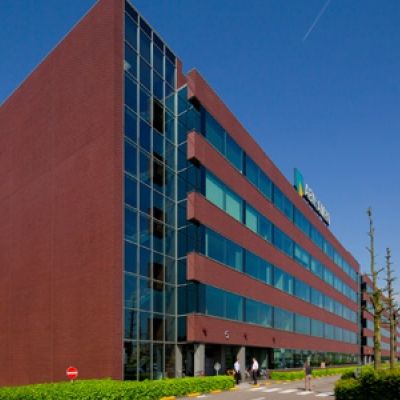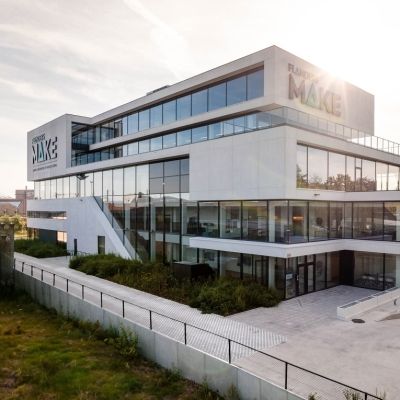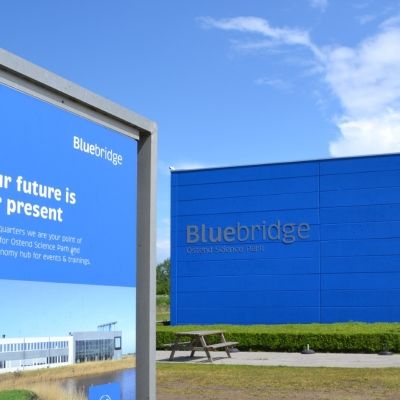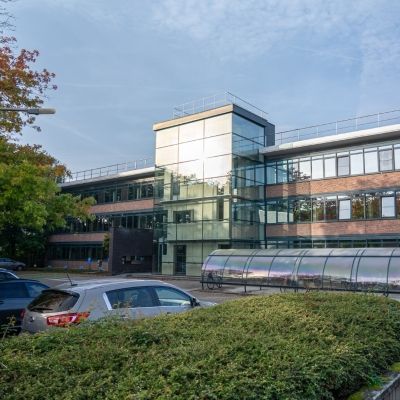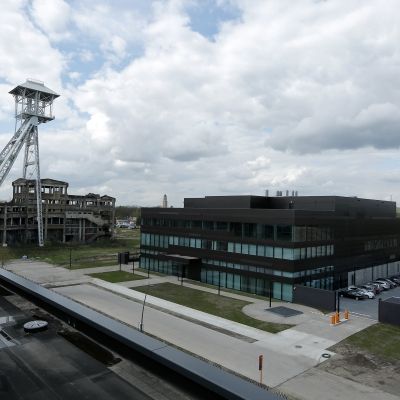Fill in the form below and we will contact you as soon as possible.
Our offices
Information for suppliers
Contact details Procurement
Read our purchasing conditions
Requirements privacy & security by design IT suppliers service providers
VITO will only receive an answer (quotation) to its published tender documents digitally via e-procurement.
For more information, see: www.publicprocurement.be or contact the e-procurement help desk on +32 (0)2 740 80 00.
Invoices
To ensure that your invoice is dealt with efficiently and quickly:
Please send your invoice to:
VITO NV
Accounts Payable Department
Boeretang 200
2400 MOL
Belgium
Please mention the VITO PO number and VAT Number (BE0244195916)
Invoices should be submitted through e-invoicing (Mercurius). For more info see E-invoicing VITO or contact mercurius@bosa.fgov.be
Guidelines for contractors
The following regulations apply to work carried out by third parties on the VITO sites:
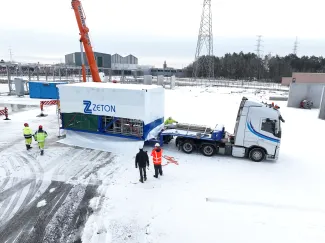
Deliveries
The general delivery address is:
VITO NV
Boeretang 200 gate 196
2400 MOL
Belgium
Unless otherwise stated on the purchase order header.
Attention: via GPS this address can only be reached via Gravenstraat, Dessel. Enter VITO HAL 196 in Google Maps or Waze.
Available on working days: 8.30h - 12.00h | 13.00h - 16.00h
T +32 14 33 54 12
Closing days
We are closed on weekends, public holidays and the following (bridge) days:
- Christmas closure from 26 December 2025 to 5 January 2026
- Friday 2 January 2026
- Friday 15 May 2026
- Monday 20 July 2026
- Summer closure from 27 to 31 July 2026
- Christmas closure from 28 to 31 December 2026




